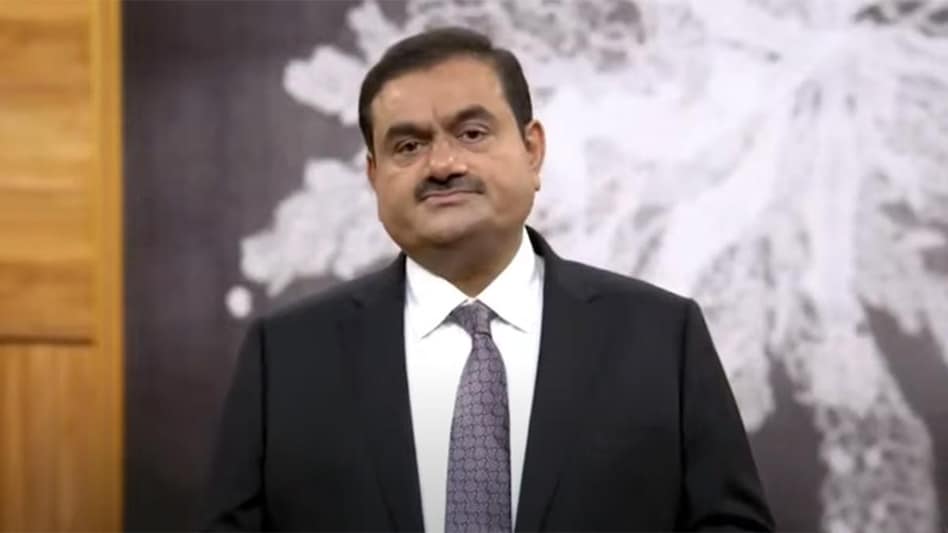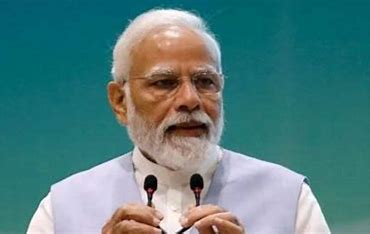
The Supreme Court on Friday listed to hear on 15 May (Monday) the Securities and Exchange Board of India’s (SEBI) plea seeking to extend the time to conclude the investigation in the report by US short-seller Hindenburg Research by a period of six months.
The bench, led by the Chief Justice of India (CJI) DY Chadrachud, and also comprising Justices PS Narsimha and JB Pardiwala, adjourned the matter till 15 May. Meanwhile, the court orally remarked that they will extend the time for the probe to SEBI, but not for six months and they can extend the time for the probe by three months.
Solicitor General Tushar Mehta insisted on an extension, citing the involvement of bank statements from multiple domestic and international banks.
SEBI application seeking an extension of time has been opposed by the petitioner, Vishal Tiwari.
In an application moved before the Supreme Court, SEBI submitted that keeping in view the forgoing circumstances, it would take further time to arrive at verified findings and conclude the investigation.
SEBI, in the application, also submitted that for ascertaining possible violations, it would take at least 15 months for completion of the investigation of these transactions, but is making all reasonable endeavours to conclude the same within six months.
On 2 March, the apex court directed the capital market regulator SEBI to investigate any violations of securities law by the Adani Group in the wake of the Hindenburg report, which led to a massive wipeout of more than USD140 billion of the Adani Group’s market value.
Supreme Court, on March 2, set up an expert committee on the issue arising from the Hindenburg Research report on Adani Group companies. The committee will consist of six members, headed by former apex court judge Justice AM Sapre.
The top court had then asked SEBI to file a status report within two months.
The apex court was then hearing petitions pertaining to the Hindenburg report, including on the constitution of a committee relating to regulatory mechanisms to protect investors’ interests.
There was a loss of investors’ wealth in the securities market after the Hindenburg report because of a steep decline in the share price of the Adani Group of companies.
The January 24 Hindenburg report alleged stock manipulation and fraud by the conglomerate.
The Adani Group has attacked Hindenburg as an unethical short seller stating that the report by the New York-based entity was nothing but a lie. A short-seller in the securities market books gains from the subsequent reduction in the prices of shares.















